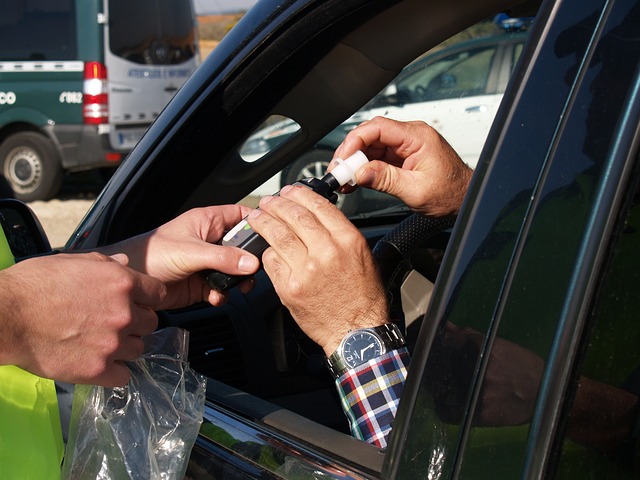Drinking and driving is never a good idea. Even if you only feel a slight buzz or a little fuzzy, you should wait until you feel okay to drive. However, many make the assumption that because they aren’t at the legal limit for a DWI, they can get behind the wheel without ramifications in Texas. This is not the case. Understanding what your blood alcohol concentration means in regard to drinking and driving laws is essential to making the right decisions. Keep reading to learn more about this and discover how Houston DWI defense attorneys can help you navigate this situation.
What Is Blood Alcohol Concentration and How Is It Measured?
Blood alcohol concentration (BAC) determines how much alcohol has been absorbed into your bloodstream after drinking. The value or percentage of alcohol in your blood supply in relation to blood is used to determine a legal limit. It is essential to note that alcohol affects everyone differently. Your weight, age, metabolism, and many other factors can influence your body’s reaction to alcohol.
BAC is measured in several ways. Most commonly, police officers will use breathalyzers that calculate the alcohol vapor on a person’s breath to determine their BAC after drinking. However, in some cases, a blood or urine sample can be collected and tested to determine an individual’s BAC level.
Is There a Difference Between a DUI and DWI in Texas?
Many people use DWI and DUI interchangeably when talking about drinking and driving laws. However, there is a clear distinction in Texas, with one crime being more severe than the other. In general, driving under the influence (DUI) is a less severe charge that only applies to those under the age of 21 if they have a 0.01% BAC or higher. For example, if you are 20 and driving with a 0.06% BAC, you’re not technically at the legal intoxication level. However, if the amount of alcohol in your system is enough to impair your driving ability, you can still face a charge.
In order to face a DWI charge, you will need to be at or above the legal limit for intoxication, which is 0.08% in Texas. However, if you blow under the legal limit on a breathalyzer test, you can still face arrest for driving while under the influence. A police officer can administer a field sobriety test to determine your intoxication. If you are under the legal limit but display signs of intoxication, you can still face a DWI charge.
What Should I Do if I’m Facing Criminal Charges?
If you are facing criminal charges, contacting an attorney as soon as possible to discuss your options is essential. Unfortunately, many assume that a first-time DWI charge is not something they need to worry about. However, the penalties for a first-offense DWI in Texas include a hefty fine, a minimum mandatory three-day jail sentence, and the suspension of your driver’s license for up to one year.
At the Gonzalez Law Group, we will do everything possible to help you achieve the best outcome for your charges. Our dedicated legal team will explore every factor of your arrest to help find possible defenses. Contact us today to learn more about how we can assist you during this time.

